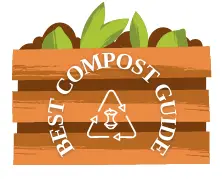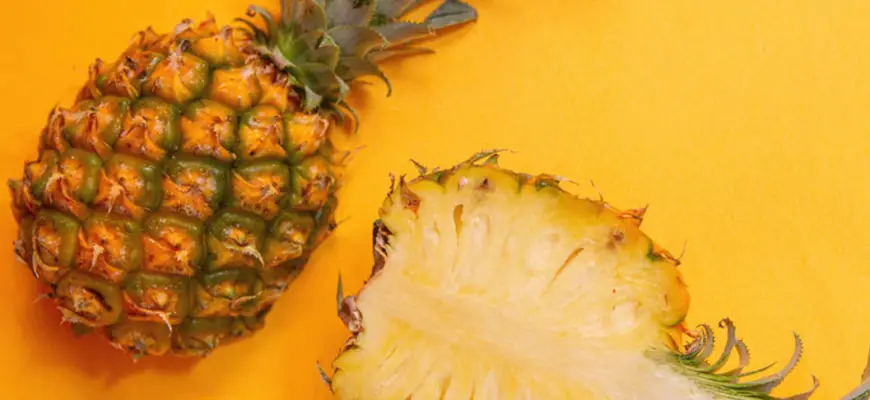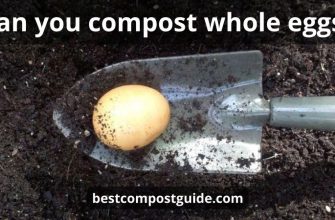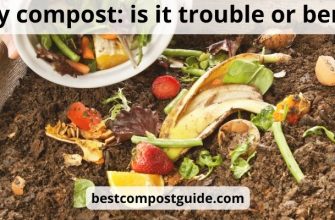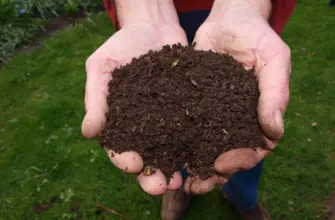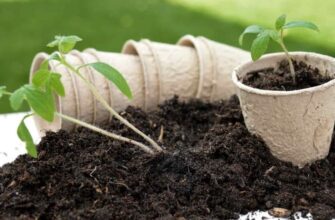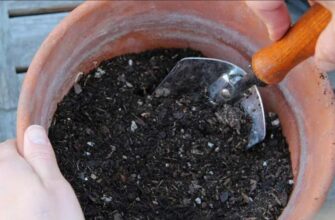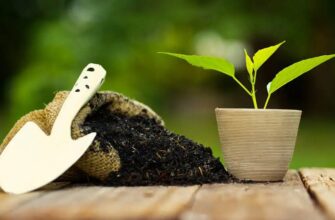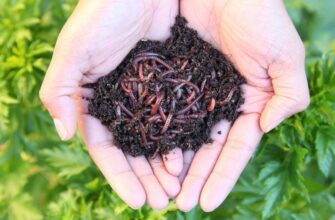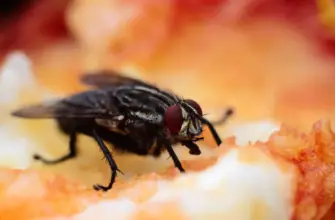Quite often, gardeners wonder if pineapple can be added to the compost. After all, many are afraid that parts of this fruit slow down the decomposition of organic matter. All parts of the pineapple are suitable for composting; however, it is better not to mix them. You can read more about whether can you compost pineapple in this article.
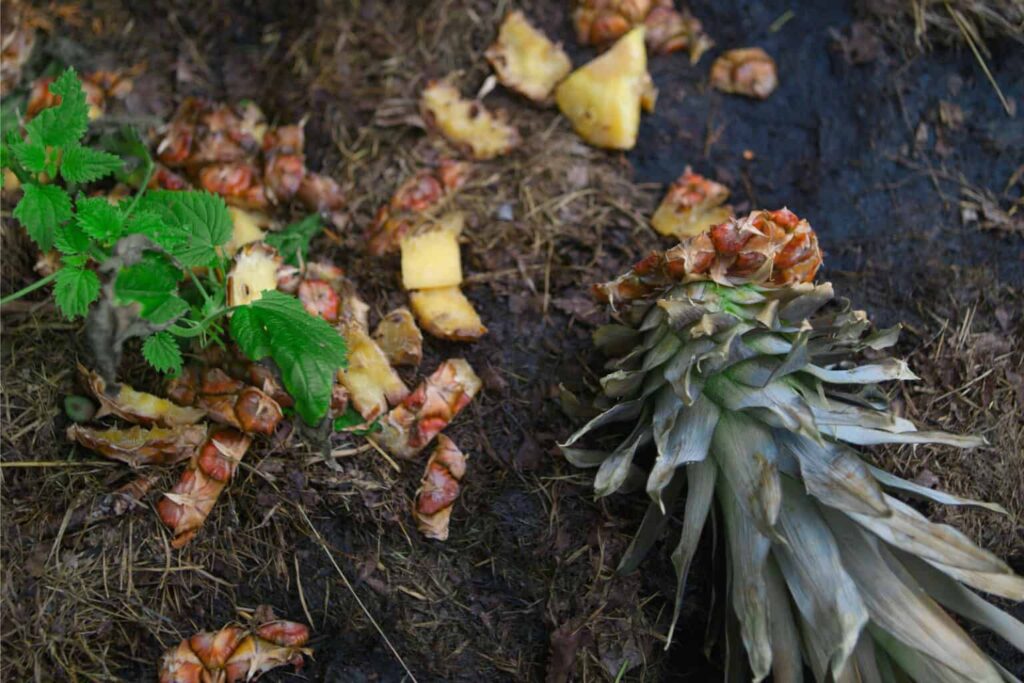
- Formation of fertilizer from pineapple waste
- Does pineapple compost smell?
- Decomposition time for compost pineapple
- Composting pineapple: steps
- Cleaning and preparing pineapple
- Parsing the difficult part
- Storage and consumption of the edible part
- Mixing pieces
- Wet storage
- Pros of compost pineapple
- Soil texture improvement
- High moisture content
- Versatility
- Environmentally friendly product
- Saturation of the soil with microelements
- FAQ
- Can you compost pineapples with worms?
- Can you compost fresh fruit?
- Can old pineapple be composted?
- Does pineapple peel benefit plants?
- What fruits cannot be composted?
- What fruit can you compost?
- Results
Formation of fertilizer from pineapple waste
Before proceeding to the question, can you compost pineapple, you should study the features of creating a fertilizer.
All parts of the pineapple are different. As you know, the pulp contains more juice than other parts, including the core.
Aging pineapple occurs quite quickly. You may not even notice that the fruit is already overripe. If this happens, you should not use it.
It is recommended to send it to the category of food waste. However, you can compost pineapple.
If you have pineapple waste, you can reduce it by composting it. This gives you an excellent product. If you compost pineapple according to all the rules, you get high-quality soil with increased fertility.
The decomposition of the inner pulp, which contains a lot of juice, occurs quite quickly. If you use the top, peel, or dense pineapple leaves that are dry, it takes much longer to decompose.
If the compost contains components that decompose slowly, this causes the death of most of the beneficial microorganisms in the worms that are required to complete the process.
To speed up the composting process, you should separate the dense parts of the pineapple peels and finely chop them.
As you know, small pieces of pineapple waste decompose faster. Therefore, there is no slowdown in the compost decomposition process.
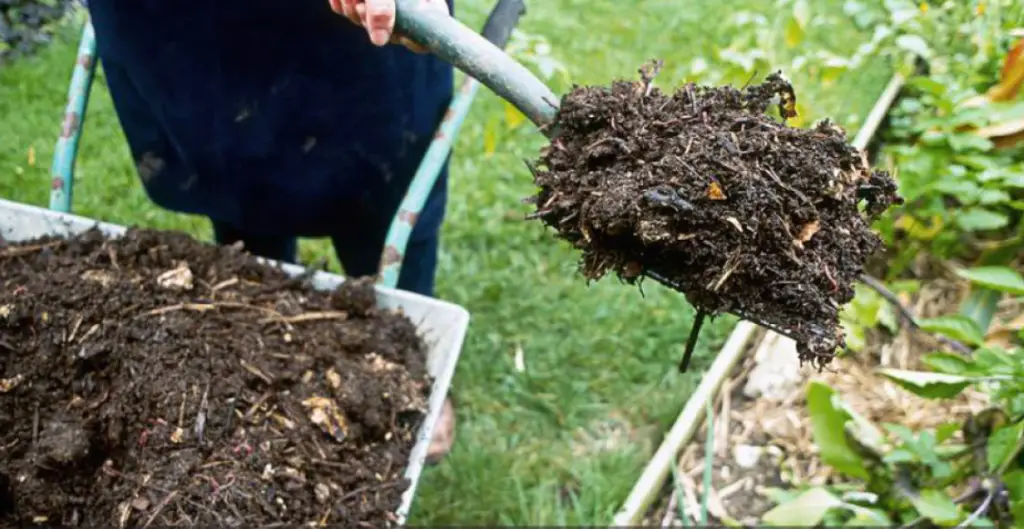
Does pineapple compost smell?
The composition of pineapple contains a fairly large amount of sugar, so the pulp has a sweet aroma. That is why, even in a compost heap, pineapple compost smell rich and pleasant aroma.
However, it is important to understand that the aroma is related to the nature of the leftover pineapple. That is why it helps attract worms.
The more worms penetrate the compost bin, the more beneficial microorganisms are contained. Therefore, the decomposition is much faster.

Decomposition time for compost pineapple
The decomposition of pineapple pulp occurs quite quickly. This is due to the high moisture content. If you use the pineapple skin, then it takes much more time. After all, pineapple skin is resistant to water.
If you cut the pineapple into small pieces, the decomposition process is accelerated. On average, it takes 3-6 months. Large pieces decompose within a year.

Composting pineapple: steps
Many people wonder, what can I do with pineapple waste? Composting process does not take much time and consists of several steps.
Cleaning and preparing pineapple
If you have pineapple flesh, to make compost, you need to rinse the fruit well first. Fresh pineapple is best rinsed under running water.
Washing removes the presence of pesticides that are used in growing the fruit.
If pesticides end up in the compost pile, their properties deteriorate. You may only harm your plants and vegetables later.

Parsing the difficult part
You need to cut the hard part of the fresh pineapple. Cut off the leaves and the firm flesh that is on the outside. Then finely chop everything. This promotes rapid decomposition.
Storage and consumption of the edible part
If the pineapple pulp is good, you can eat it. You can freeze the rest.
Mixing pieces
Add the pineapple chunks to the compost bin, and mix everything thoroughly with a shovel. The compost pile must be well-ventilated, and all components are thoroughly mixed.

Wet storage
Add some water to keep the compost pile moist. It is best to do this before you start flipping the components. However, do not overfill the compost pile with water, so as not to provoke an unpleasant odor.
If necessary, balance the acidity indicators. Do not make too acidic compost, as this can cause burns on plants. As you know, pineapple contains a lot of acids. However, as the fruit ripens, its amount decreases.
Even if the pineapple decomposes, some chemical components remain, including acids. However, it is important to ensure that they do not disturb the acidity of the compost.
It is possible that you have to balance the pH a little.
Try to keep track of how much pineapple you add to your compost bin. During the fruit ripening season or after the holidays, many do not save on the amount of such a component.
However, this can cause an increased acid content. Pineapples help increase nitrogen levels in your compost bin.
Pine needles or shredded cardboard can be used to reduce acidity. If you need to increase the performance, you have to add grass clippings.
When composting pineapple, you can add white lime, which is pre-slaked. This reduces acidity. Hydrated white lime also helps with this. It works great when combined with the citric acid found in pineapples.
If you choose to add hydrated white lime, you speed up the decomposition of the pineapples. In this case, the indicators of acid change.
Adding slaked lime does not cause any particular difficulties. You can find this component in the nearest store that sells gardening supplies.
Sprinkle lime on pineapple. For 1 large fruit, about half a glass of citrus fruits is added. Citrus fruits have a direct effect on acid and reduce their performance.

Pros of compost pineapple
As you know, all components that are added to the compost bin have their advantages. Pineapple is no exception. You can read more details about the benefits of the composting process with originally fresh pineapples below.
Soil texture improvement
Pineapples are a great option if dense soil dominates your site. Composted pineapple residue return contains calcium, which facilitates the penetration of water into the inner layers of the soil. This makes dense and heavy soil looser and lighter.
This is a great solution if clay soil prevails on the site. Therefore, you can increase the yields, as well as the flowering of plants in the garden.
High moisture content
The pineapples contain a large amount of moisture. Therefore, it additionally moistens the compost. Therefore, you do not have to constantly add water to the compost pile to speed up the process of waste decomposition. Juicy fruits will contribute to this even without water.

Versatility
A compost bin combines nitrogen and carbon. These components have a positive effect on the condition of the soil, as well as the plants that grow on the site. The formation of nitrogen comes from proteins, and carbon from fruit sugars.
With the help of such components, the reproduction of microorganisms in the composition of the compost bin increases. Therefore, the decomposition is accelerated.
The composition of pineapple contains a lot of nitrogen, in particular, in the fleshy interior. The carbon is found in the drier parts of the fruit.
To make the compost of high quality, it is recommended to combine all parts of the fruit. You can also make pineapple compost tea. The process is pretty simple.
It is necessary to soak the prepared compost for several days in water to form a concentrate. It is to them that you feed the plants.

Environmentally friendly product
If you add sustainable products to your compost bin, it is safer. This applies not only to plants on the site but also to pets that can run around the yard.
At the same time, the product contributes to the saturation of the soil with nutrients, which has a positive effect on the growth and development of plants. Pineapple composts can be used in combination with organic-dominated fertilizers. This promotes better crop growth.
After all, they naturally receive zinc, calcium, phosphorus, and various vitamins. You do not have to buy the necessary fertilizers and spend time diluting them in the right proportion. At the same time, pineapple is a natural antioxidant that promotes better plant growth.
Calcium accelerates the growth of plants, and phosphorus makes them healthier. With the help of phosphorus, it is possible to enhance the fermentation of proteins in some plants.
Saturation of the soil with microelements
If you add pineapple to the compost, the content of fungi and beneficial bacteria increases. After they penetrate the inner layers of the soil, increasing the yield. At the same time, trace elements help reduce soil compaction, so the roots of plants receive enough water and oxygen.

FAQ
When it comes to composting pineapple waste, there are a lot of questions. If you have pineapple in compost, you should read this information.
Can you compost pineapples with worms?
Yes, it is allowed. The sugar attracts worms, which speeds up the maturation of the compost for spreading it around the site. Worms will saturate the compost with moisture and oxygen, which will eliminate the formation of an unpleasant odor.
Can you compost fresh fruit?
Yes, you can use fresh pineapple. However, do not forget to grind fresh pineapples finely.
Can old pineapple be composted?
If you only find an old pineapple, you can add it to the compost.
Does pineapple peel benefit plants?
The peel is high in acid, so it brings many benefits to corn, zucchini, and cucumbers. It also has a positive effect on the growth of azaleas, hydrangeas, and pineapples themselves.

What fruits cannot be composted?
Pineapple compost is not suitable for fruits that cannot tolerate high levels of acid. After all, it destroys most of the good bacteria.
What fruit can you compost?
You can compost apples, bananas, berries, and grapes. If the soil in which they grow is enriched, this increases yields.
Results
As you can see, pineapples are perfect for making compost. Due to the acid content, they contribute to the rapid decomposition of organic matter. At the same time, it is quite easy to make compost from them, and even beginner copes with the process.
Read also: How to store potting soil indoors, in a protective container and big thin plastic bags?
